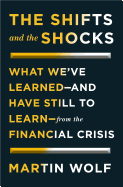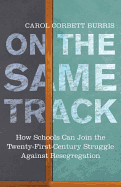 Peter Zeihan (Get this book)
Peter Zeihan (Get this book) Geopolitics, the influence of geography on nations, made the United States great and will keep it there, writes the author of this ingenious, optimistic overview of America's superpower status. Zeihan, founder of Zeihan on Geopolitics, adds that America hit the jackpot, geopolitically speaking, inheriting ."..the best lands in the world for a very low price in terms of blood, treasure, and time." He downplays the claim that American power is declining, pointing out that in 1945, we produced one quarter of the world's gross domestic product and spent as much on the military and controlled as much naval tonnage at the rest of the world combined. The change in 2014: zero. But some things are changing. Resources are diminishing, energy prices are rising, and demographics are inverting. Baby boomers are now retiring to collect benefits paid for by a shrinking number of younger, working taxpayers. Historical prognostication has a dismal record, but readers will find it difficult to put down this fascinating addition to the "rise and fall of nations" genre. Historical prognostication has a dismal record, but readers will find it difficult to put down this fascinating addition to the "rise and fall of nations" genre.--Kirkus



































